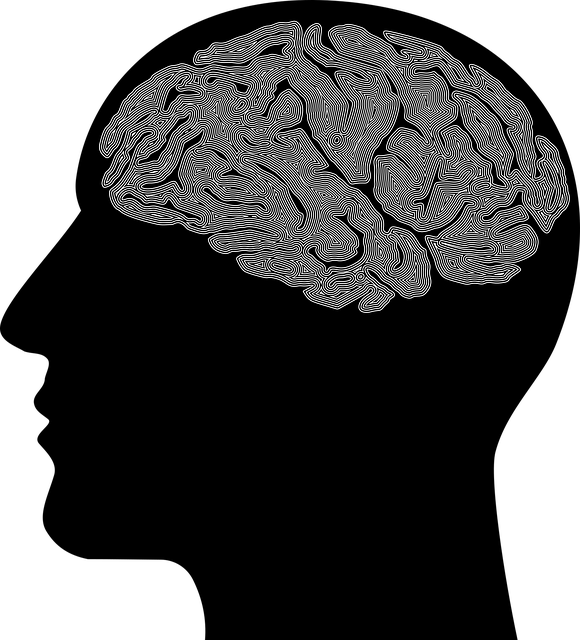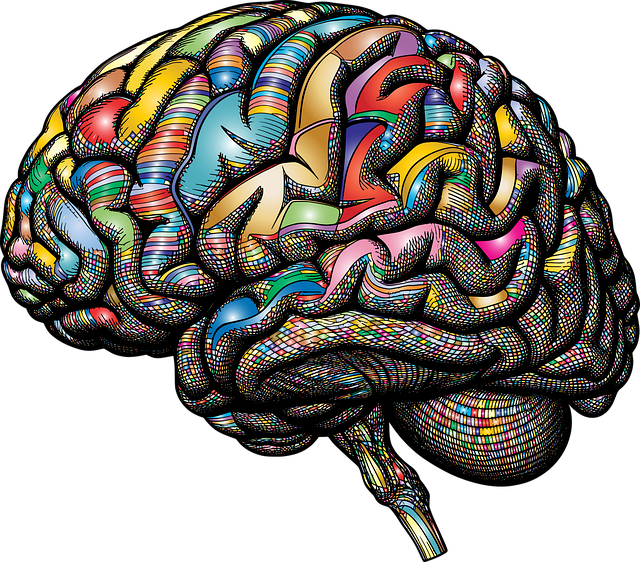Northglenn Parenting Skills Therapy prioritizes cultural sensitivity in their mental healthcare approach, recognizing its profound impact on individual well-being. Therapists create inclusive environments, adapt techniques to respect cultural identities, and implement successful outreach programs to make services accessible to diverse populations. By actively listening, validating clients' perspectives, and integrating culturally tailored interventions, they build trust and foster open communication, leading to enhanced therapeutic outcomes that honor each client's unique heritage.
In today’s diverse society, cultural sensitivity is paramount in mental healthcare. The article explores how understanding cultural diversity impacts mental health outcomes, focusing on Northglenn Parenting Skills Therapy as a model for culturally competent practice. We delve into strategies for building trust and effective communication with diverse clients, emphasizing the importance of these approaches in treating a wide range of individuals. By implementing these tactics, mental health professionals can significantly enhance their ability to serve all clients, including those from varied cultural backgrounds.
- Understanding Cultural Diversity and its Impact on Mental Health
- The Role of Cultural Sensitivity in Northglenn Parenting Skills Therapy
- Strategies for Culturally Competent Practice
- Building Trust and Effective Communication with Diverse Clients
Understanding Cultural Diversity and its Impact on Mental Health

In today’s diverse society, mental healthcare practitioners must embrace cultural sensitivity to provide effective treatment. Understanding cultural diversity is paramount as it significantly influences an individual’s mental health and well-being. Northglenn Parenting Skills Therapy recognizes that various cultural backgrounds bring unique perspectives, beliefs, and experiences that shape one’s interaction with mental health services. By recognizing this, therapists can create a safe and inclusive environment, fostering open communication and trust. This approach ensures that treatment aligns with the client’s cultural context, enhancing engagement and outcomes.
Cultural sensitivity is not merely an awareness but a practical application of knowledge. It involves adapting therapeutic techniques to respect and incorporate clients’ cultural identities. For instance, incorporating cultural elements in therapy sessions can improve emotional regulation, especially when addressing specific challenges within a community. The implementation of successful Community Outreach Programs can further promote Mental Health Awareness, ensuring that services are accessible and culturally tailored to diverse populations.
The Role of Cultural Sensitivity in Northglenn Parenting Skills Therapy

In Northglenn Parenting Skills Therapy, cultural sensitivity plays a pivotal role in fostering effective treatment and building strong therapeutic alliances. With a diverse community, it’s essential to understand and respect the unique cultural backgrounds of clients. Therapists who integrate cultural competency into their practice can create a safe and inclusive environment, ensuring that every individual feels heard and understood. This approach is particularly crucial when addressing mental health concerns, as cultural beliefs and traditions significantly influence one’s perception of well-being and seeking help. By tailoring therapy to incorporate the client’s cultural context, therapists enhance engagement and the potential for positive outcomes.
The design of mental health education programs within this context should emphasize communication strategies that bridge cultural gaps. Educating therapists on cross-cultural communication ensures they can effectively interact with clients from various ethnic and socioeconomic backgrounds. This includes learning about different family dynamics, child-rearing practices, and community resources specific to Northglenn’s diverse population. Additionally, these programs can teach anxiety relief techniques sensitive to cultural nuances, promoting holistic mental healthcare that respects and embraces the richness of each client’s heritage.
Strategies for Culturally Competent Practice

In the realm of Northglenn Parenting Skills Therapy, culturally competent practice is a cornerstone for effective mental healthcare. Therapists play a vital role in fostering an inclusive environment that respects and understands diverse cultural backgrounds. Strategies to achieve this include actively listening to clients’ perspectives, incorporating their cultural references into therapy sessions, and tailoring interventions to align with their values and beliefs. By doing so, therapists create a safe space where individuals feel validated, encouraging open communication and enhanced therapeutic outcomes.
Additionally, promoting culturally sensitive care involves continuous learning about various cultural practices, beliefs, and challenges. This may include staying informed about relevant mental health policies and engaging in advocacy efforts that address the unique needs of diverse communities. Integrating stress management techniques and positive thinking exercises tailored to different cultural contexts can also be beneficial, ensuring that therapeutic approaches remain sensitive and effective across a broad spectrum of backgrounds.
Building Trust and Effective Communication with Diverse Clients

Building trust and fostering effective communication with diverse clients is a cornerstone of successful mental healthcare practices, especially in areas like Northglenn Parenting Skills Therapy where cultural sensitivity is paramount. Understanding and respecting each client’s unique background, values, and experiences are essential steps in creating a safe and supportive environment. Mental health professionals must be adept at listening actively, validating perspectives, and demonstrating genuine interest in their clients’ stories. This approach helps to break down barriers and encourages open dialogue, which is crucial for accurate assessment and effective treatment planning.
In today’s diverse communities, therapists should be well-versed in cultural competencies, including knowledge of different ethnic, racial, and socioeconomic backgrounds. Incorporating compassion cultivation practices and emotional regulation techniques can enhance therapeutic relationships. These methods not only improve clients’ mental health but also strengthen their sense of belonging and trust in the healthcare system. By integrating these strategies into therapy sessions, Northglenn Parenting Skills Therapy aims to provide inclusive care that respects individual differences and promotes positive outcomes for all clients.
Cultural sensitivity is a cornerstone of effective mental healthcare, particularly in diverse communities like Northglenn. By understanding the impact of cultural diversity on mental health and adopting culturally competent practices, therapists can build stronger connections with clients. The case for Northglenn Parenting Skills Therapy underscores this importance, demonstrating that tailored approaches foster trust and improve outcomes. Through strategies that enhance communication and embrace diverse perspectives, mental healthcare professionals can provide more inclusive and impactful support to all individuals seeking help.











